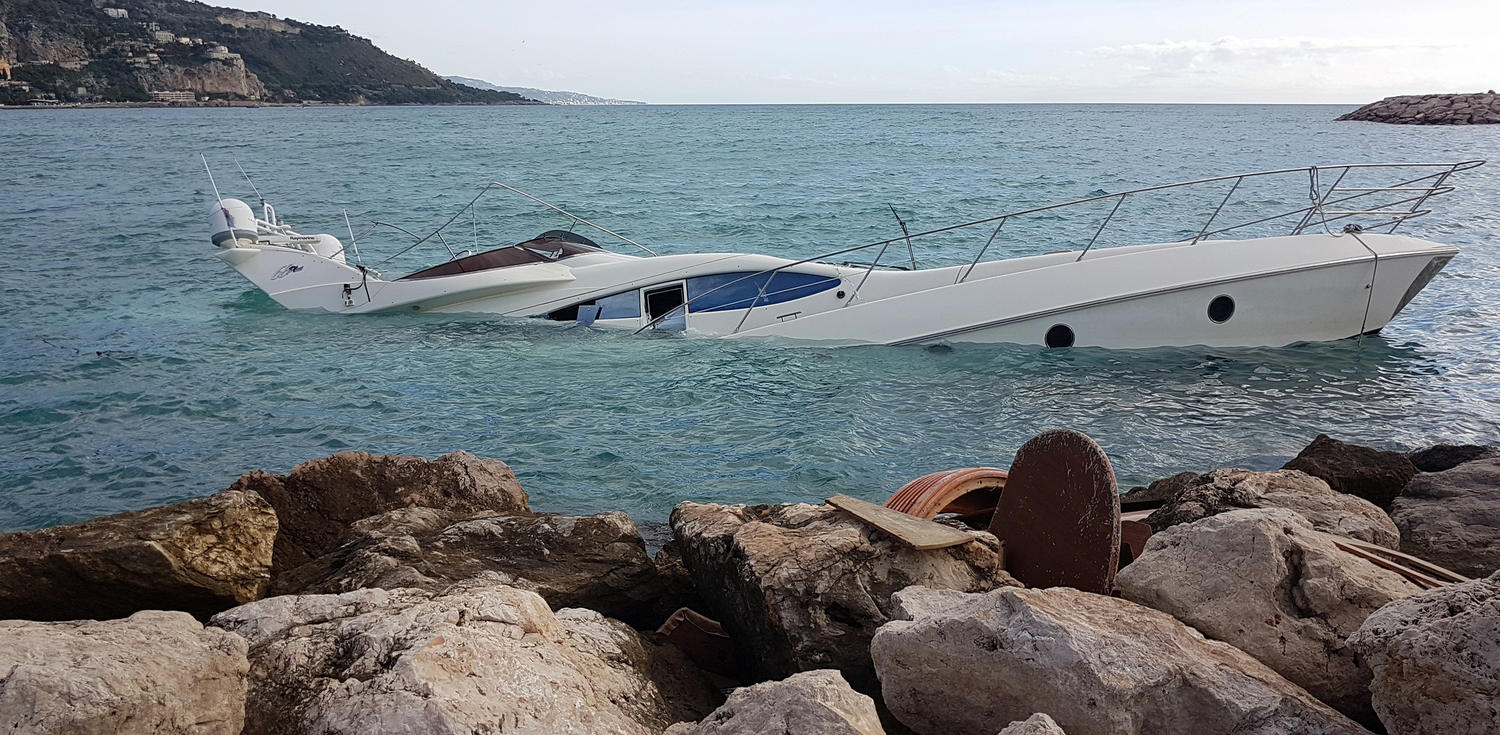
According to the United States Coast Guard the state of Florida had 918,225 registered recreational vessels in 2017. Florida is one of the busiest states in the nation for boating. Both tourists and state residents operate watercraft all across the state’s waterways. As a result, Florida is also a leader in annual boating accidents and casualties. The United States Coast Guard reported 723 boating accidents in Florida in 2017. The 723 boating accidents resulted in 66 deaths, 429 injuries, and over 8 million dollars in damages. Florida accounted for 10% of all boating deaths in 2017 according to the United States Coast Guard. There are numerous factors that may contribute to a boating accident and injury. An experienced attorney can assist in determining if the injured victim is entitled to compensation from a negligent party.
Florida Boating Regulations
Florida boating regulations are far less stringent than those for automobiles. Anyone over the age of 14 in Florida is eligible to operate a boat in Florida. Florida regulations require anyone born on or after January 1, 1988 who operates a vessel powered by 10 horsepower or more to pass an approved boater safety course. Upon completion of the course, the operator must keep in his or her possession photographic identification and the boating safety education cared issued by the Florida Fish and Wildlife Conservation Commission. Individuals who were born before 1988 are not required to obtain the Florida Wildlife Commission issued boating safety identification card.
Non-Florida residents must also comply with the boating safety education requirements. Out-of-state visitors, however, may be exempt from the boating safety educational requirements if they have proof that an equivalent boater safety course was completed out-of-state. Visitors to Florida who are 26 years of age or older are eligible to obtain a temporary certificate in order to rent a boat. A temporary certificate is not a substitute for the Florida Wildlife Commission issued boating safety identification card and is only valid for one year.
Individuals who are 14 or older and were born on or after January 1, 1988 may be exempt from the boating safety educational requirements if they meet one of the following exemptions:
- They are licensed by the U.S. Coast Guard as a master of a vessel.
- They are operating a boat on a private lake or pond.
- The operator is accompanied by an individual who is over 18 years of age and possesses the Florida Wildlife Commission issued boating safety identification card.
- The operator is accompanied by an individual who is responsible for the operation of the boat and is exempt from the educational requirements.
- The operator is operating the boat within 90 days after the purchase of the boat and who satisfies the requirements of Chapter 328.46(1) Florida Statutes.
Common Boating Injuries and Causes
Due to the vast number of vessels on Florida’s waterways, and the relative inexperience of many of these boaters, Florida accounts for a large portion of the nation’s boating accidents and casualties. Non-fatal boating accidents can still result in serious and permanent injuries such as traumatic brain injuries, spinal cord injuries, broken bones, or amputated limbs. In fact, the United States Coast Guard reported the most common injuries in 2017 from boating accidents were lacerations, broken bones, scrapes or bruises, concussions, and hypothermia.
According to the United States Coast Guard improper operation of boating vessels was the leading cause of accidents and causalities in 2017. Operator inattention was the leading contributing factor, but other frequent negligent vessel operation factors include operator inexperience, improper lookout, navigation rules violations, excessive speed, and alcohol use. In Florida, it is against the law for a boat operator to leave the scene of a boating accident without attempting to provide aid to injured parties and without reporting the accident to the authorities. If a boating accident occurs in Florida the operator of the vessel must notify the Florida Fish and Wildlife conservation commission, the sheriff of the county where the accident occurred, or the police chief of the municipality where the accident occurred.
Boating Accident Liability
Numerous factors can lead to a boating accident. Operator negligence, equipment failure, and even inclement weather can result in boating injuries and deaths. An experienced attorney can help determine if an injured victim is entitled to compensation. Depending on the circumstances surrounding the accident leading to the victim’s injuries, there are several different parties who may be held liable. A boat operator can be held liable for injuries that result due to his or her negligence. For example, a boat operator has a duty to operate the vessel in a safe and prudent manner. A boat operator who disregards vessel speed restrictions, operates a vessel while impaired by alcohol or other drugs, or operates a vessel with a willful disregard for the safety of others can face both criminal and civil repercussions.
The boat operator is not the only party who may be liable for boating injuries. Passengers in a vessel may also be liable for the injuries his or her actions cause. For instance, if a passenger acts in a manner that prevents the boat operator from safely operating the boat. A boat owner may also be liable if they negligently permit someone unqualified to operate the vessel. Additionally, a boat owner may be liable for injuries caused as a result of improperly maintaining the vessel. Similarly, a company that rents boats may also be liable for failing to perform proper maintenance on the vessels they rent to customers. Even boating manufacturers may be liable if an accident and subsequent injury is caused due to a manufacturing defect.
Governing Law
The laws that will govern a personal injury case will depend on where the injury occurred. Boating injuries that occur on inland waterways and lakes are governed by Florida’s state laws. Boating injuries that occur close to the coast will also likely be governed by Florida’s state laws. If a boating injury occurs in deeper ocean waters far from the coast, federal admiralty law will apply. An experienced personal injury attorney can help an injured boater identify the appropriate governing laws.











